Tent is pitched, baked beans are steaming, and the citronella candles are lit. What could possibly go wrong? It's not like a giant bear is going to come tearing through your campsite, right? Well, kind of. But that doesn't mean you're totally out of the danger zone when you head off on a camping trip. Just because you're probably not going to be mauled by a 250-pound monster with a hankering for your baked beans doesn't mean you're not at risk for other — albeit smaller — disasters.
So what should you look out for? Here are the 10 biggest dangers to your average campsite — plus the best ways to avoid them.
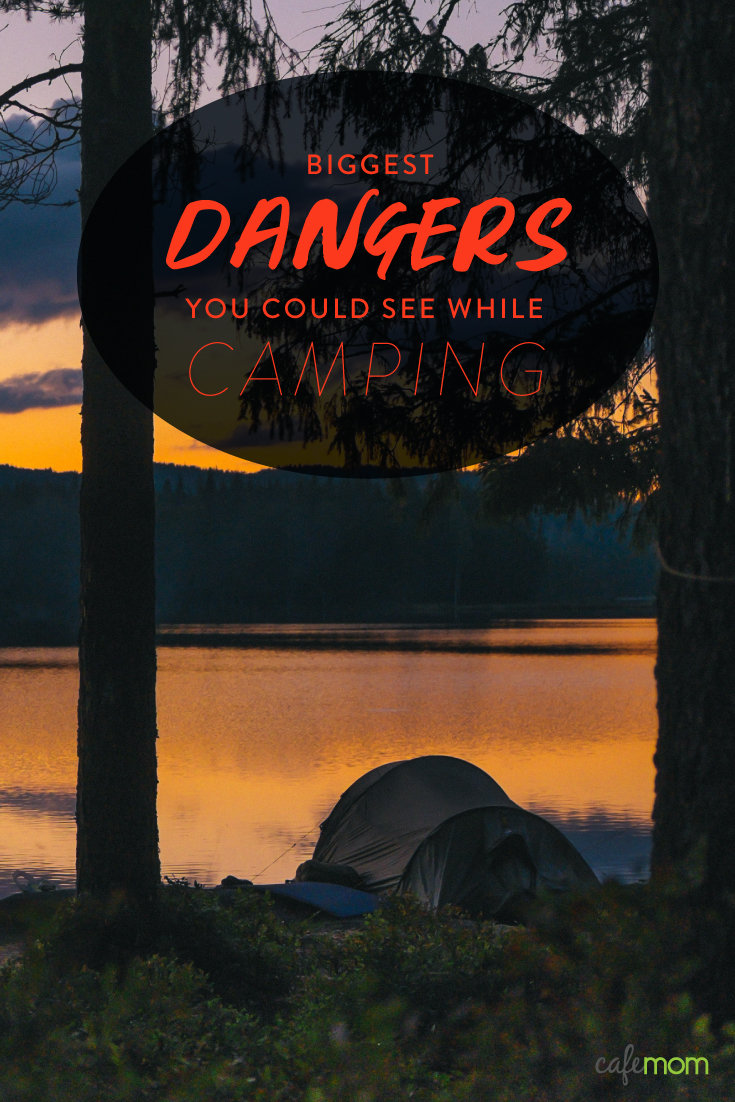
Image via iStock.com/Xavier Arnau; unsplash/Andreas Rønningen
Poison Ivy, Oak & Sumac
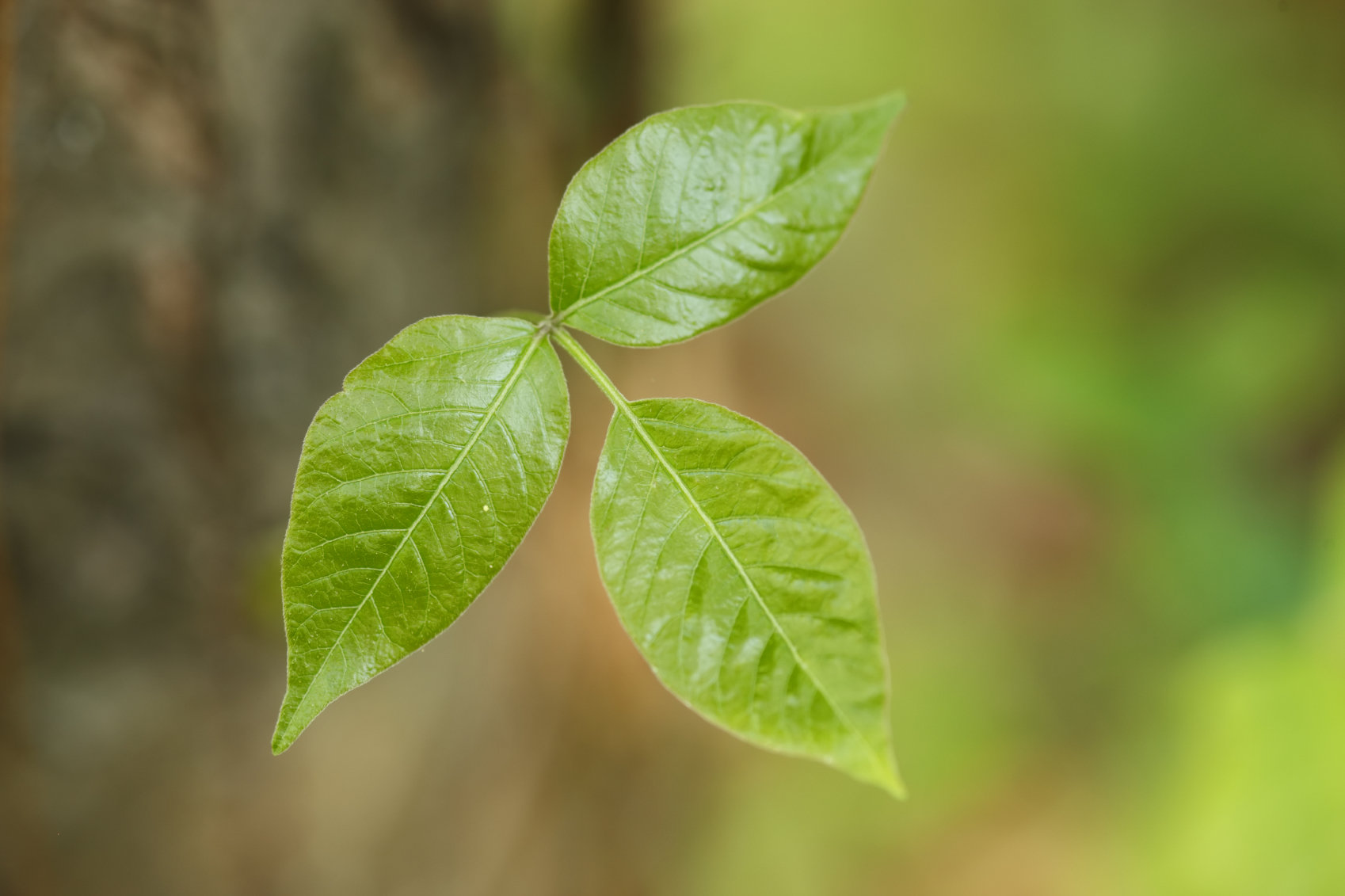
No matter where you're camping in the United States, the chances that you end up in poison ivy/oak/sumac territory are pretty high. The chances are equally high that you'll get an itchy and uncomfortable rash if you touch any of these plants — a full 85 percent of people will, though some worse than others. The good news is that if you train your eye, you can spot poison ivy and avoid it altogether. Products like Tecnu will halt a reaction if you get it on exposed areas quick enough, and if not, calamine lotion and hydrocortisone cream will help control the itch. All in all, it's miserable but managable — but, for the love of God, do not accidentally burn it in your campfire. The oil can (and will) get into the air and cause a rash in your throat or lungs if you inhale it.
Bears
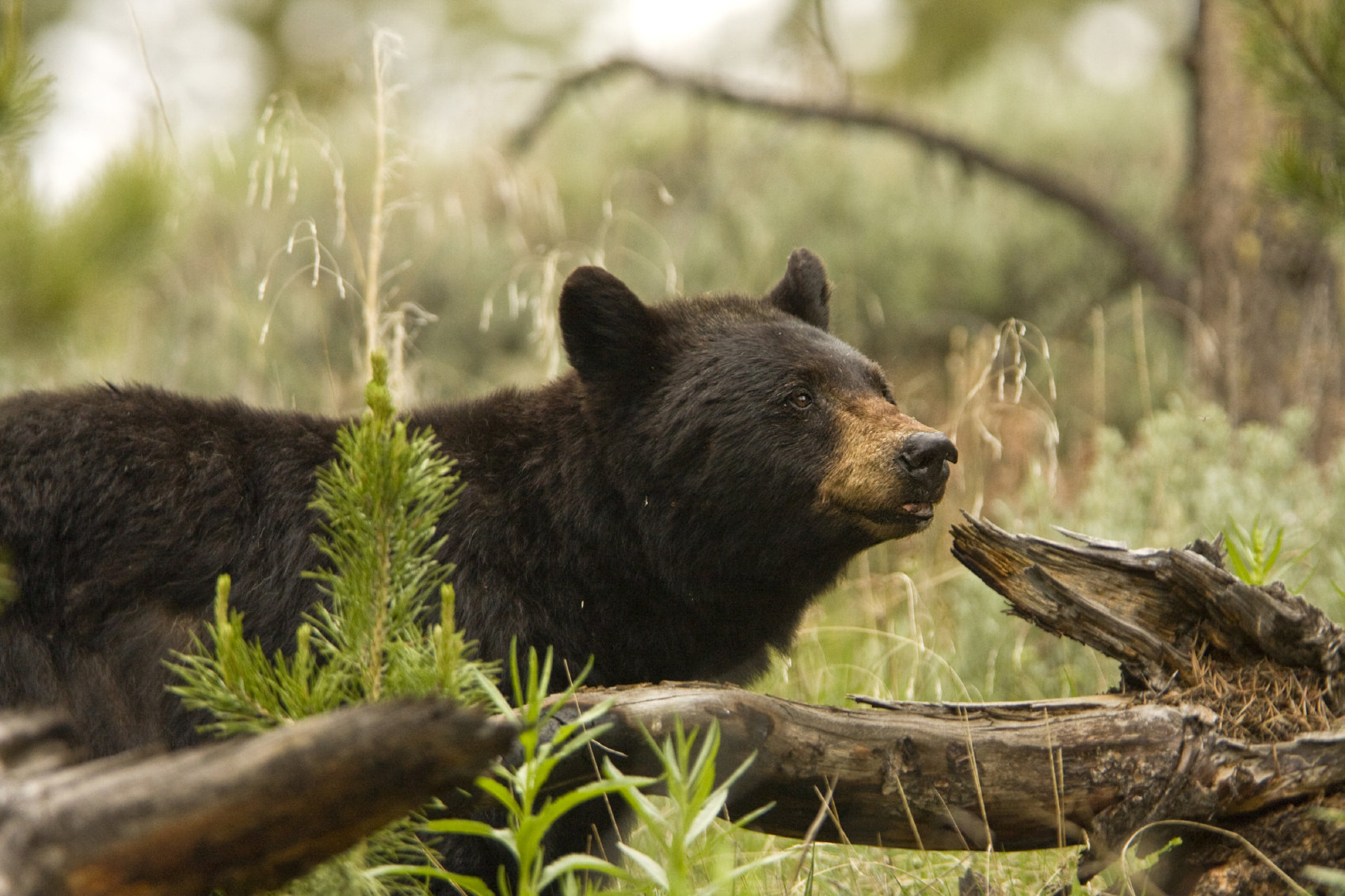
Aha! You thought we were kidding about the bears, right? Well, bad news: If you're camping in northeastern, northwestern, or parts of central United States, you actually probably should worry about bears ambling into your campsite. You're most likely to encounter a black bear (or grizzly, if you're in the northwest), and they're most likely looking for your food. To avoid bear issues, leave smelly foods and lotions or deodorants at home, use bear lockers (when provided), and make sure to bear proof your campsite before you go to bed. Keep kids close and have them yell and scream their hearts out whenever they want — the more heads up bears get about your location, the less danger they'll pose to your group.
Mosquitoes
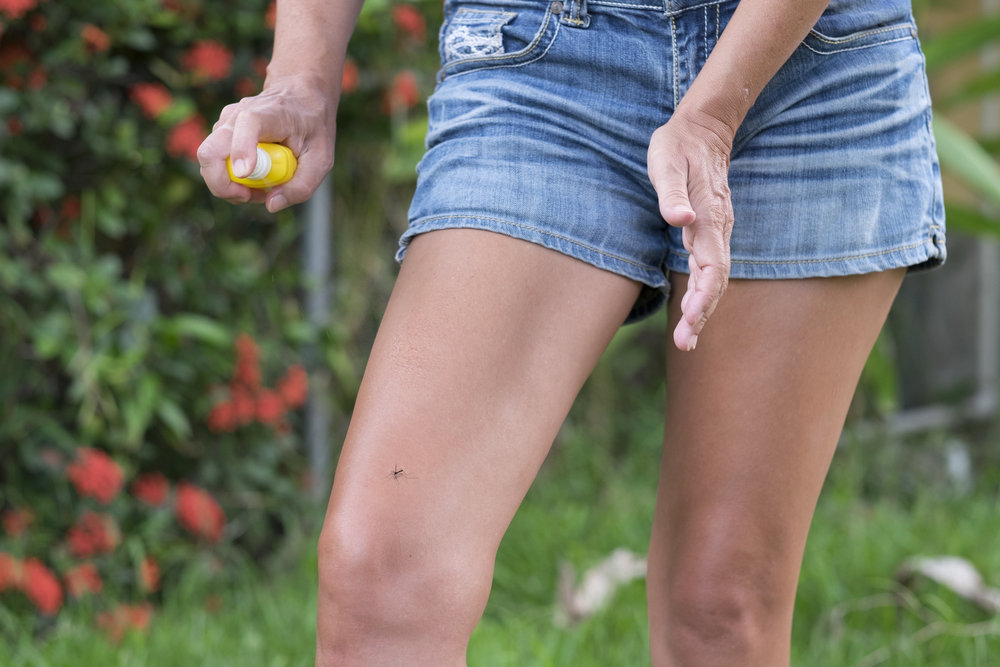
You see mosquitoes everywhere, sure. But in the dense and damp woods, the little buggers can be more active than usual. A swarm of mosquitoes can be anything from painful to downright dangerous if they're carrying diseases, so planning your trip around them is huge. You'll be safest in light colored, long sleeved clothing, but keep everyone in your camp doused with bug spray just in case.
More from CafeMom: 9 Homemade Bug Repellents to Keep Pests Away Naturally
Other Insects
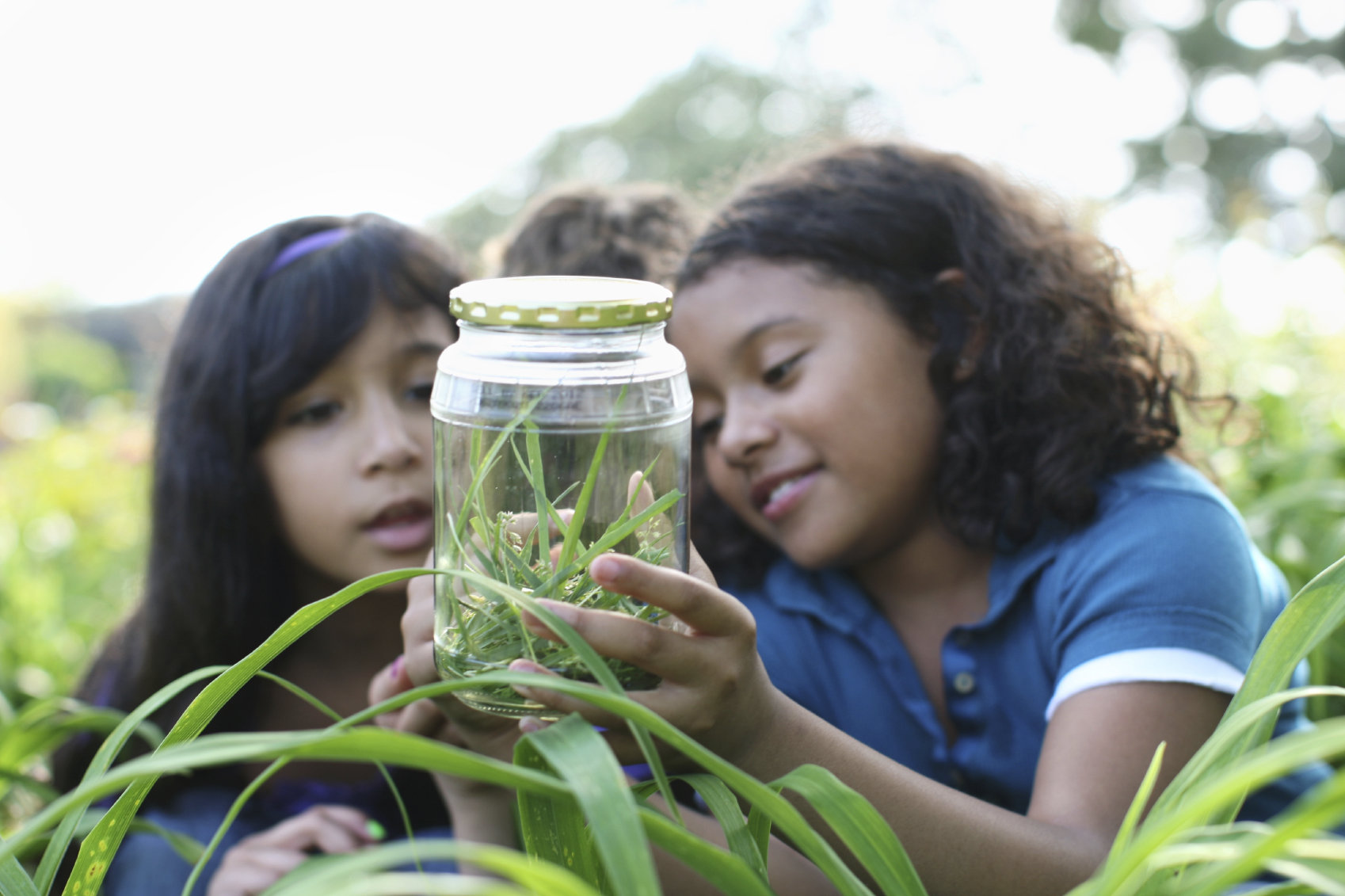
Unless you're allergic, most insect bites and stings that you'll get in the US won't kill you (but they will hurt). Ones to look out for are black widow spiders (mostly southern and western states), brown recluse spiders (Missouri to eastern Texas), wasps, Africanized honey or killer bees (southern states), fire ants (southeastern states), centipedes (southern states), and ticks (literally everywhere, so watch out). To avoid dangerous critters, keep kids (and pets) away from visible nests and try to avoid lotions and perfumes with strong scents. Keep skin covered whenever possible, and do tick check on ankles and arms before bed.
Infected Drinking Water
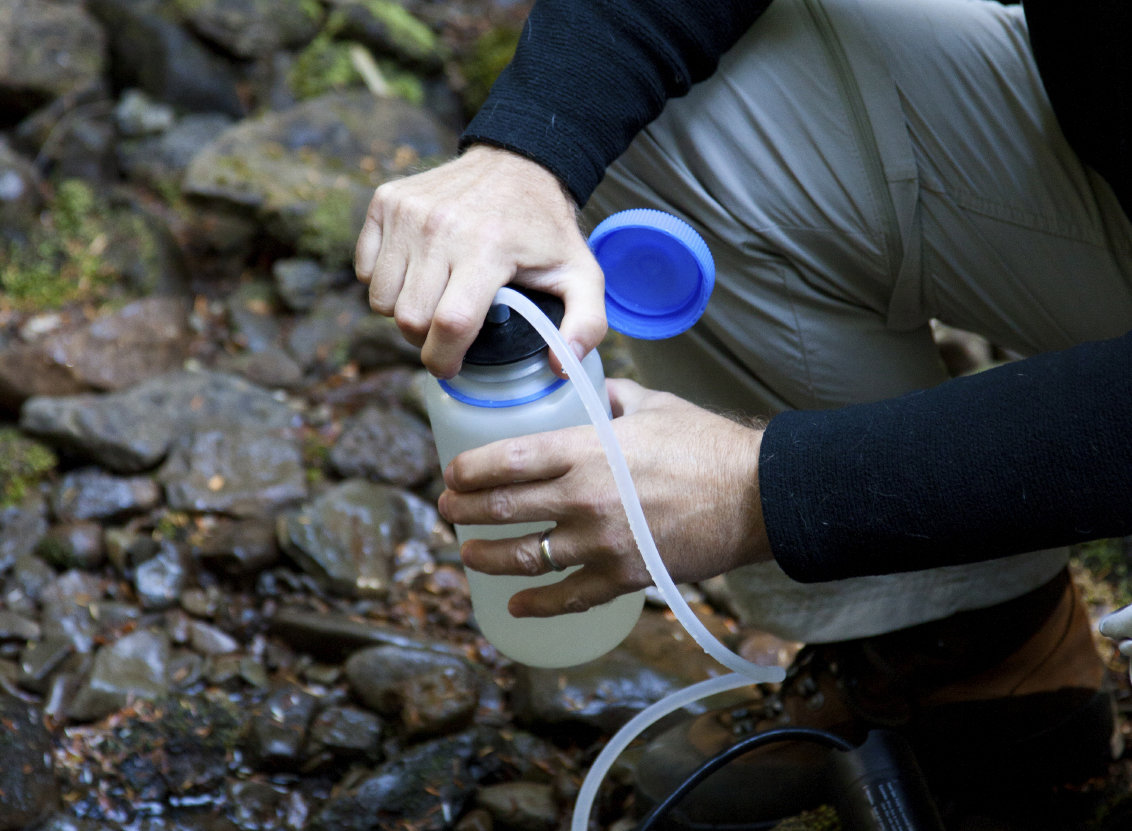
Water typically looks harmless enough, but lots of icky stuff can be hiding inside, and germs like giardia, norovirus, cryptosporidium will hang around in fresh water and make you sick when you drink it. If you're not going to a campground, make sure to pack a water filter or purifying tablets or powders that will strip drinking water of bacteria and viruses before you head out. Follow the filtering instructions carefully — often, you have give them some time to do the dirty work and make your water safe.
Dehydration
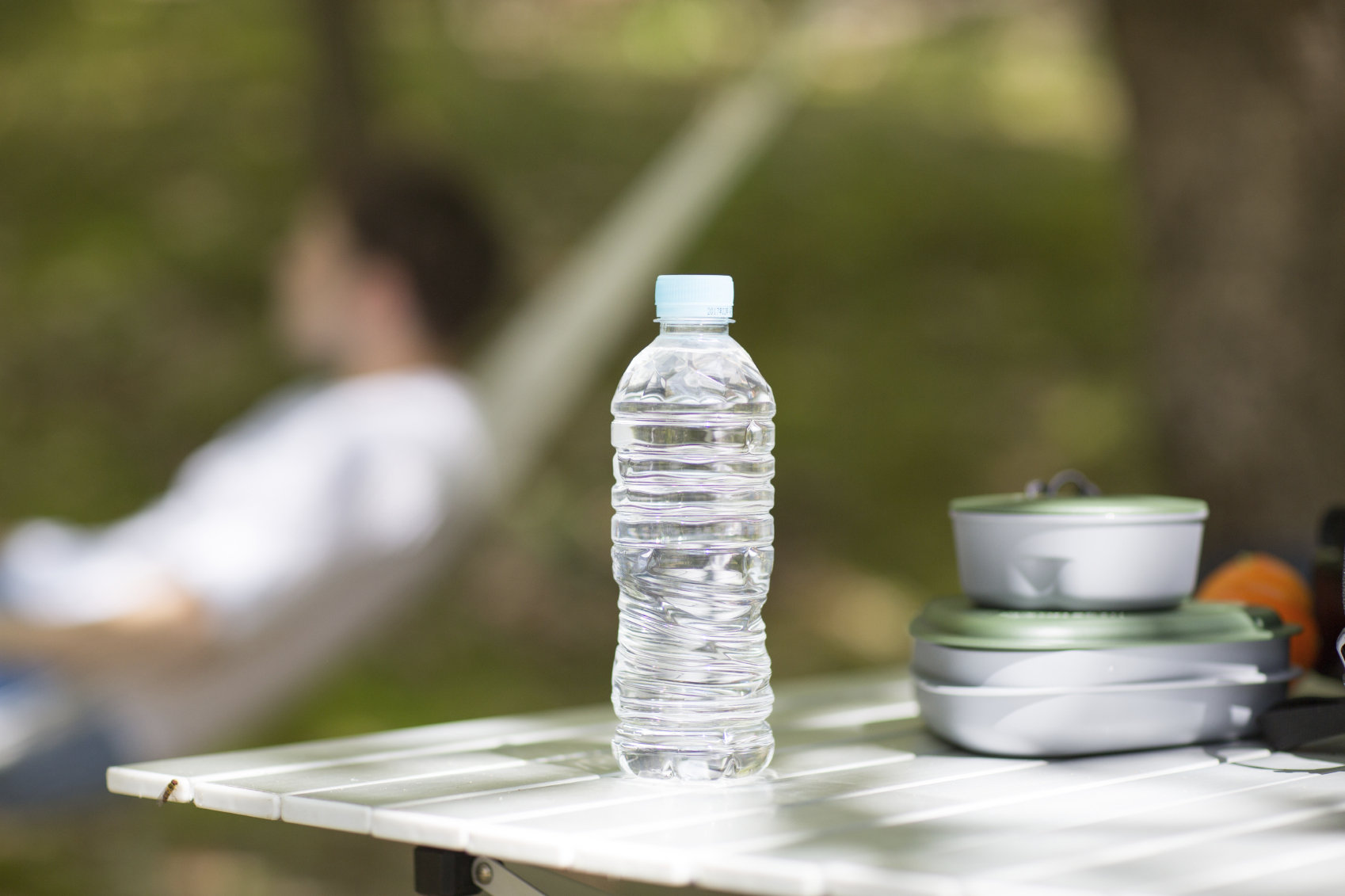
Unclean drinking water can be really dangerous but not drinking water can be worse — dehydration sneaks up on you and can be especially brutal in the summer. If anyone in the fam is peeing dark urine or complaining of headaches or muscle cramps, have them rest and drink lots of water.
More from CafeMom: 8 Camping Hacks That Will Make Your Trip a Breeze
Bad Sanitation
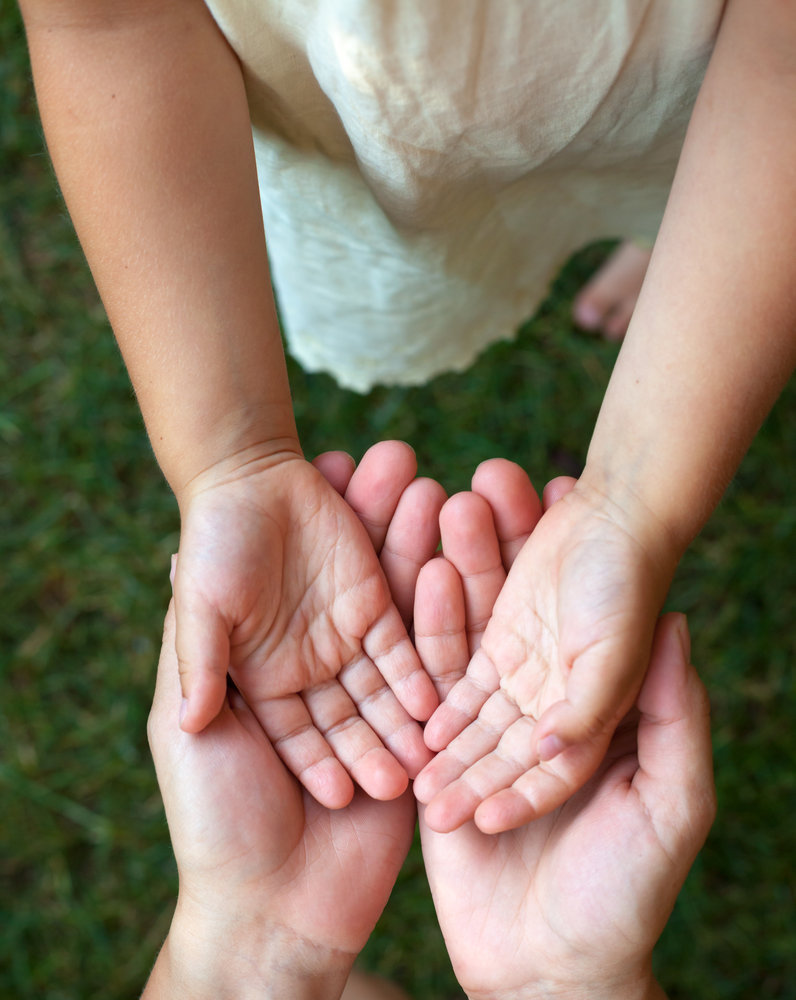
Even if you've successfully trained your kids to wash their hands after using the bathroom at home, they still might take the great outdoors as an excuse to skip the soap for a change. But water expert Dr. Howard Backer told REI that "fecal-oral transmission" is common and can be more harmful to your intestines than some water-borne bacteria. To avoid it, pack plenty of soap or hand sanitizer and make sure everyone is using it correctly.
Rodents
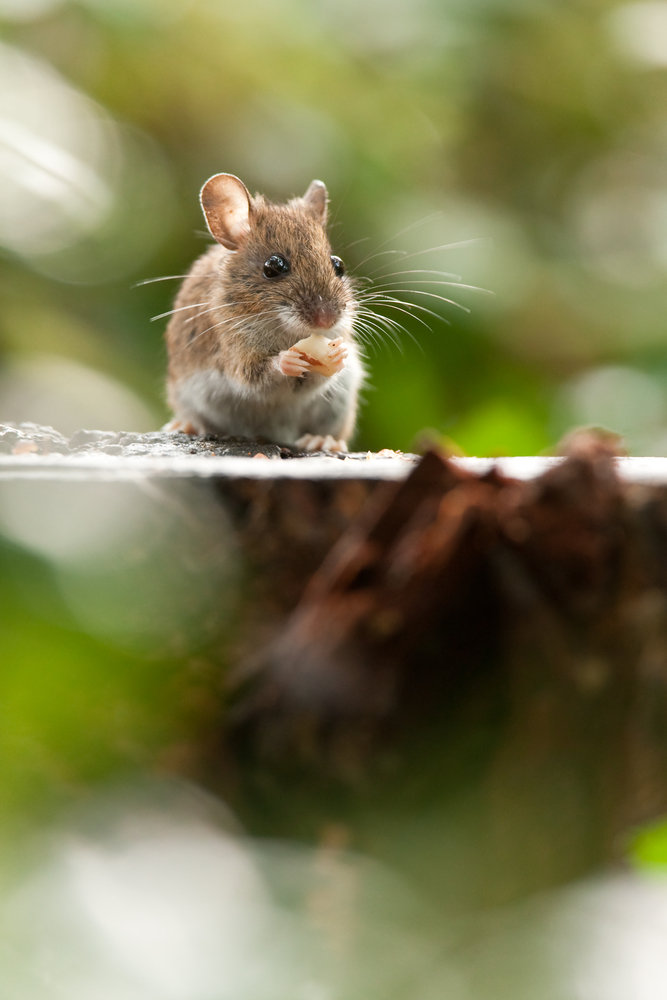
Rodents in the US can carry hantavirus, which can give humans hantavirus pulmonary syndrome, a scary illness that can affect anything from your respiratory system to your intestines. It's spread through the urine, dropping, and nesting materials of rodents (mostly mice) that live in rural farms. Even if they're not infected, rodents can still get into food and supplies, so staying away from them is key. The easiest solution is to keep food in odor-free plastic bags and look for signs of critters in your campsite before you settle down.
Snakes
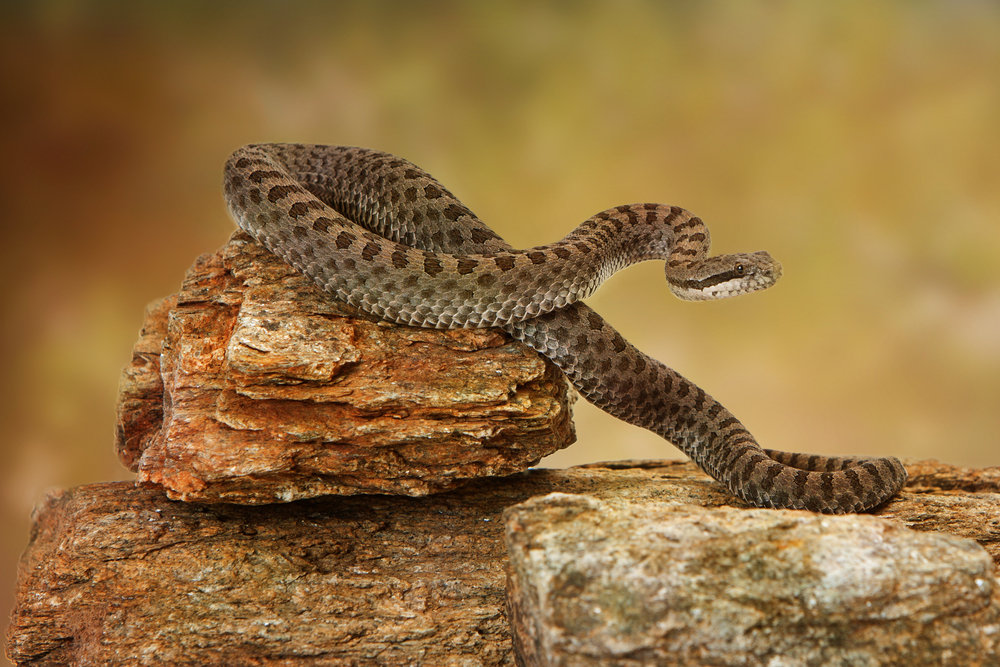
Snakes mostly just want to be left alone, but if you bug them, they'll bite. Venomous brands like rattlesnakes and copperheads are common in the US (along with cottonmouths and coral snakes), but they're fairly easy to avoid on the trail if you know where to step. Teach your kids to avoid stepping close in front of or behind logs, big rocks, holes, or leaf piles. Keep little hands out of bushes, and if you do see a snake, give it a wide berth.
Getting Lost
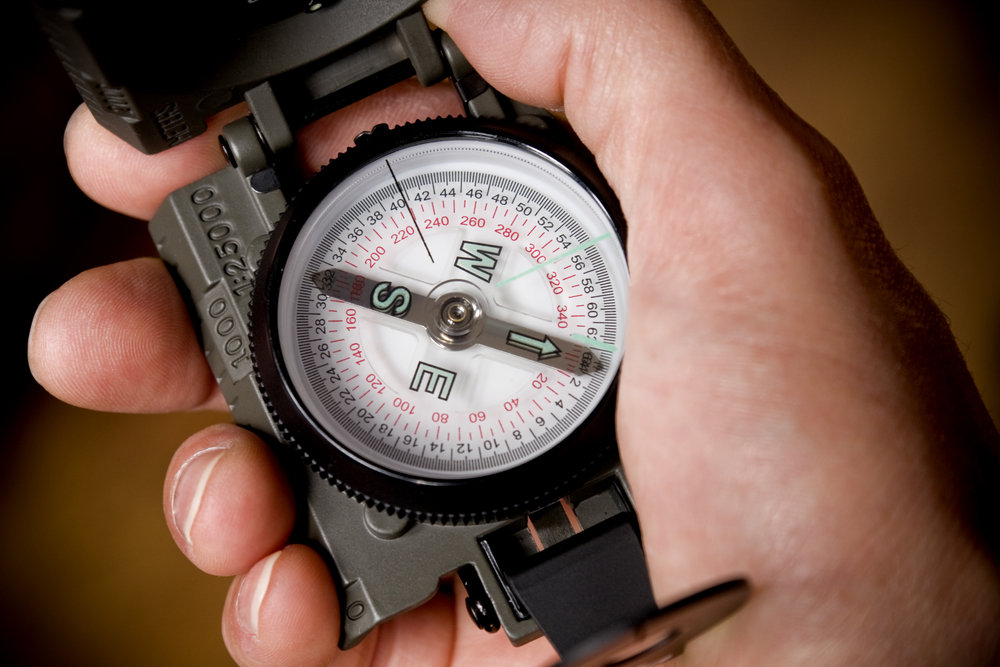
The number of hikers and campers who go missing each year is close to 100, and it keeps growing. To keep your name off the search and rescue list, it's critical that everyone in your group knows they can never wander off alone. Keep an eye on landmarks, trails, and markers, and equip kids with whistles that they can blow if they ever get separated from the group.
More from CafeMom: 25 Great US Spots to Take Your Kids Before They Graduate High School




